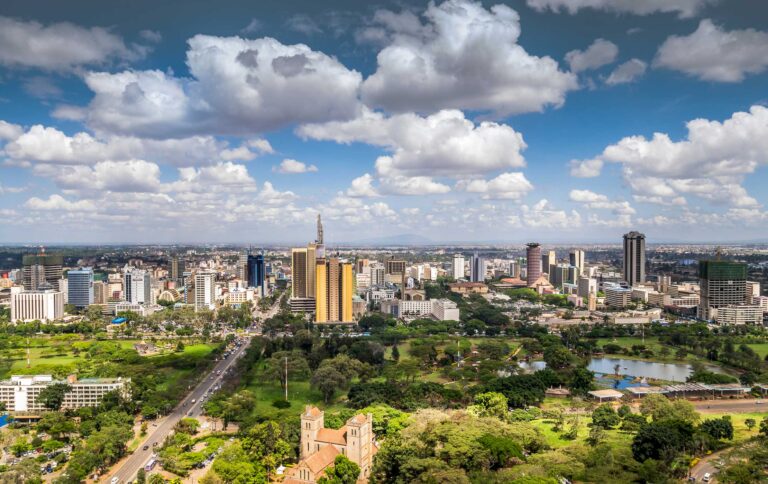Coming Soon
Practice Areas
Case Studies
Inspiring examples of financial tailored solutions.
Media Mentions
Recognizing our expertise and client success.
Case Studies
Inspiring examples of financial tailored solutions.
Media Mentions
Recognizing our expertise and client success.
Stay ahead in a rapidly changing world
Our monthly insights for strategic business perspectives.


